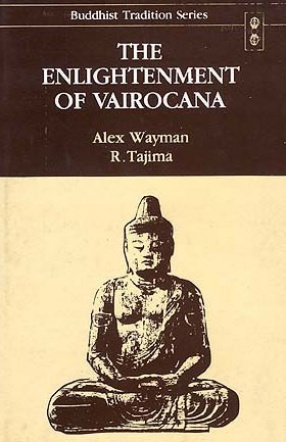
Buddhist Tradition Series

Showing all 21 books

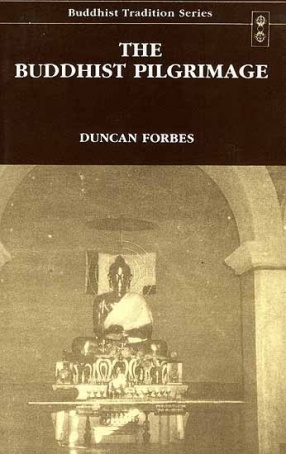
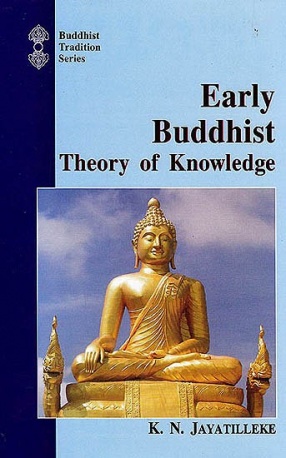
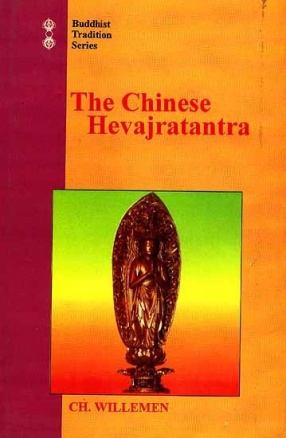
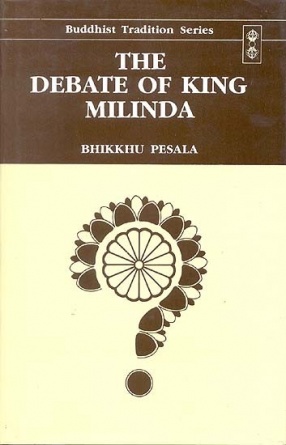
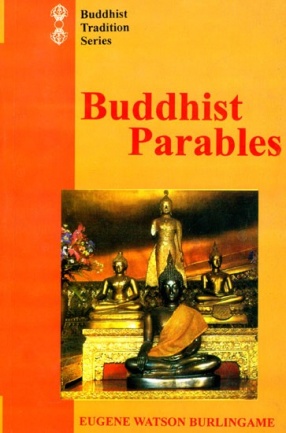
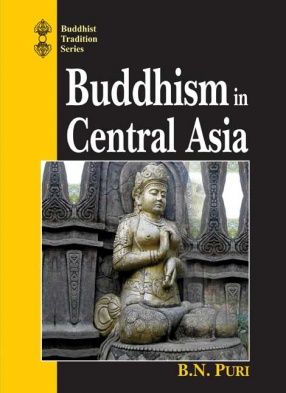

The title The Enlightenment of Vairocana is a covering for two boos that study a famous Buddhist scripture with given Sanskrit titles of Vairocanabhisambodhitantra or Mahavairocanasutra. The first book, by Alex Wayman, translates the second chapter, which contains the body mandala of Vairocana's Compassion, copiously using Buddhaguhya's compassion, copiously using Buddhaguhya's commentary, study of some other chapter such as the final one on fire lineage, and ...

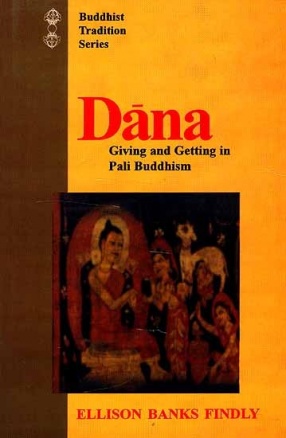

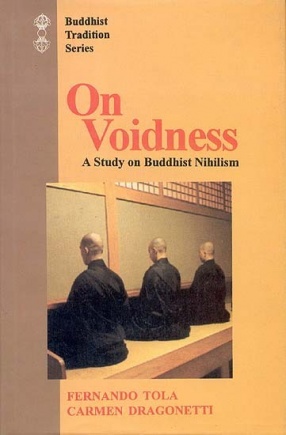
The Buddhist school Madhyamika is one of the most important philosophical schools in India. It was founded by the great thinker Nagarjuna in the second century A.D. His doctrine is centered around the concept of sunyata or Voidness which metaphorically designates the absolute inexistence of an own being i.e. of any substance existing in se et per se.
The present edition contains four fundamental texts of that school, three by Nagarjuna and one by his disciple ...
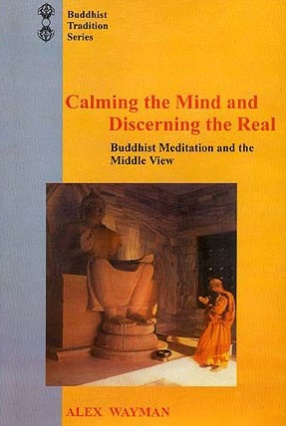
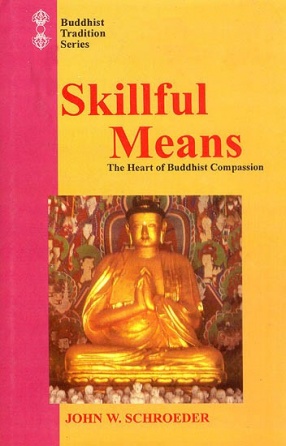
This book analyzes one of the most important ideas in Buddhist philosophy: the doctrine of “skilful means.” John Schroeder presents a fresh analysis of a familiar subject, thus providing a new way of understanding Buddhist thought. He argues that Buddhism is best understood as Philosophy of practice- or a “metapraxis”-and that terms such as “emptiness,” “non-self,” and “nirvana” refer less to ...
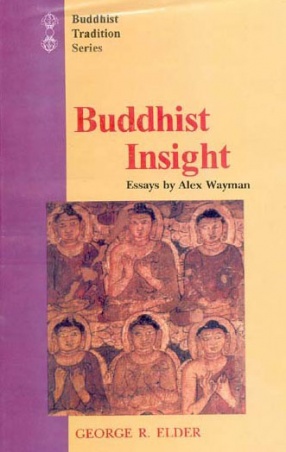
The present volume selects twenty-four of Prof. Wayman's published research papers around the topic of Buddhist Insight, and includes only strong, well developed papers consistent with the topic. Students of Buddhism and general Indian religion will find here a rich offering of genuine research with the best of sources and Wayman's own thoughtful present-actions and original organizations of the information. The essays have been edited by a former student of ...


The Milinda Pariha is, with good reason, a famous work of Buddhist literature, probably compiled in the first century B.C. It presents Buddhist doctrine in a very attractive and memorable form as a dialogue between a Bactrian Greek King, Milinda, who plays the 'Devil's Advocate' and a Buddhist sage, Nagasena. The topics covered include most of those questions commonly asked by Westerners such as "If there is no soul, what is it that is reborn?" and ...

Buddhist Parables contains more than two hundred similes, allegories, parables, fables and other illustrative stories and anecdotes found in the Pali Buddhist texts and said to have been employed, either by the Buddha himself or by his followers, to convey religious and ethical lessons and the lessons of common sense. Much of the material has been translated into English for the first time.
The book is a collection of specimens of an unusually interesting type of ...

Buddhism in Central Asia is a saga of peaceful pursuit by Buddhist scholars from Kashmir and Kabul to propagate the message of the Buddha. This vast region between the Tien-Shan and the Kunlun ranges was the centre of activities of these Buddhist savants.
Here people of different races and professions, speaking many languages, were finally blended into a cosmopolitan culture. This created an intellectual climate of high order. In this context, the famous silk ...
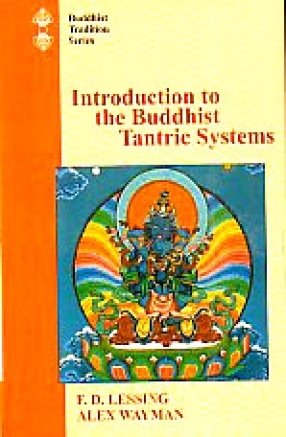
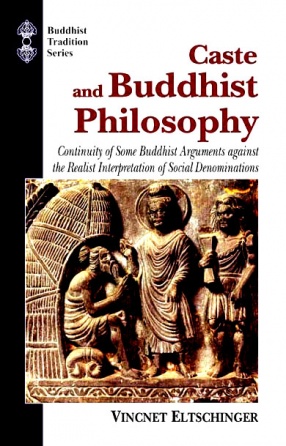
From the sixth to the eighth century CE, the Buddhist philosophers paid considerable attention to the issue of the caste-classes. Far from seeking to reform the non-Buddhist social environment, they endeavoured to undermine theoretical attempts at "naturalizing" the social statuses, especially Kumarila's doctrine of the perceptibility of jati. Significant parts of their critique is strongly indebted to earlier, mainly canonical arguments shaped in order ...
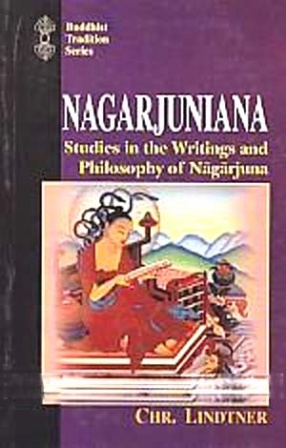
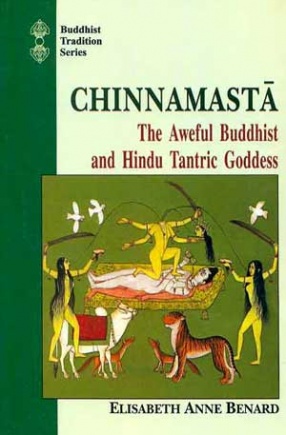
This is the first monograph which examines the rare Buddhist and Hindu Tantric Goddess, Chinnamasta, her rituals, her names and forms (namarupa) and their symbolism by comparing and contrasting her sadhanas (spiritual practices) in Hinduism and Buddhism. The entire Hindu "Chinnamastatantra" section from the Sakta Pramoda, the Buddhist "Chinnamunda Vajravarahisadhana" and the "Trikayavajrayoginistuti" are translated for the first time ...
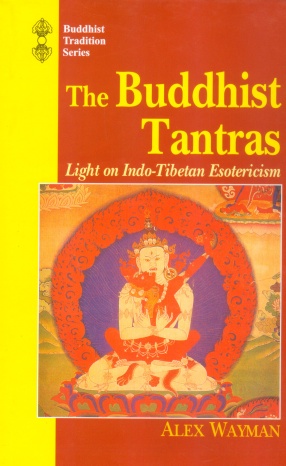
This work is prepared from Alex Wayman’s previously published articles in the field of the Buddhist Tantra plus new studies especially made to round out the material for a reasonably integrated volume. It has particular contact with two previous books in the tantric field-Fundamentals of the Buddhist Tantras and Yoga of the Guhyasamajatantra. But the present work is mainly different both in content and in organization from the said two book ...
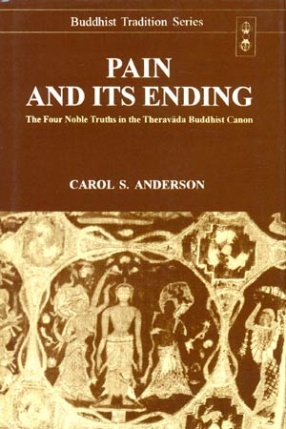
The four noble truths are the most widely recognized teaching of the Buddha today. This book is the first comprehensive study of the teaching as it appears in the Tipitaka, the canon of the Theravada Buddhism. By first identifying the four noble truths as a "right view", the author traces the teaching throughout the canon and the commentaries. There are two distinct patterns that the four noble truths follow: first, they appear in stories of the ...
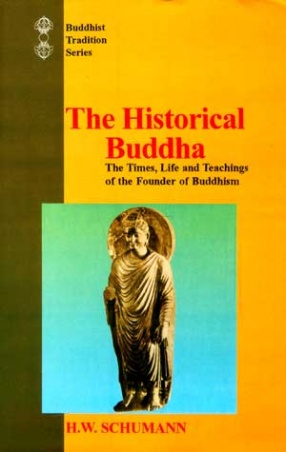
No man has had a greater influence on the spiritual development of his people than Buddha. He developed a religious and moral teaching that, to this day, brings comfort and peace to all who practise it. Having immersed himself in the asceticism and self-deprivation prevalent among religious teachers, he saw that spiritual emancipation could be achieved only through the mind. His eightfold path for right living is a means to liberation from suffering and forms the ...
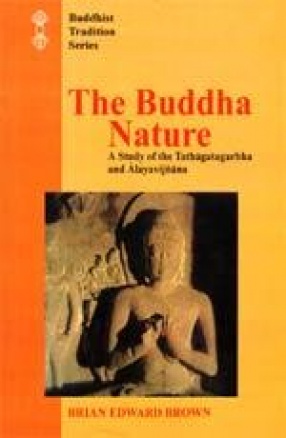
One of the fundamental tenets of Mahayana Buddhism animating and grounding the doctrine and discipline of its spiritual path, is the inherent potentiality of all animate beings to attain the supreme and perfect enlightenment of Buddhahood. This book examines the ontological presuppositions and the corresponding Soteriological-epistemological principles that sustain and define such a theory. Within the field of Buddhist studies, such a work provides a ...
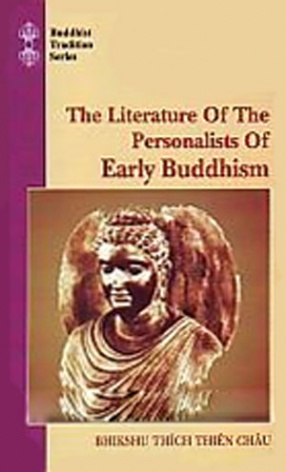
Personalism (Pudgalavada) was a remarkable and durable aspect of an important part of early Buddhism. For more than ten centuries it was taught and defended by several schools and had numerous followers but was strongly criticised by other Buddhist schools. The Literature of the Personalists (Pudgalavadins) of Early Buddhism, attempts to present an historical overview of the personalist schools and studies on the formation and content of the doctrine (dharma and ...
